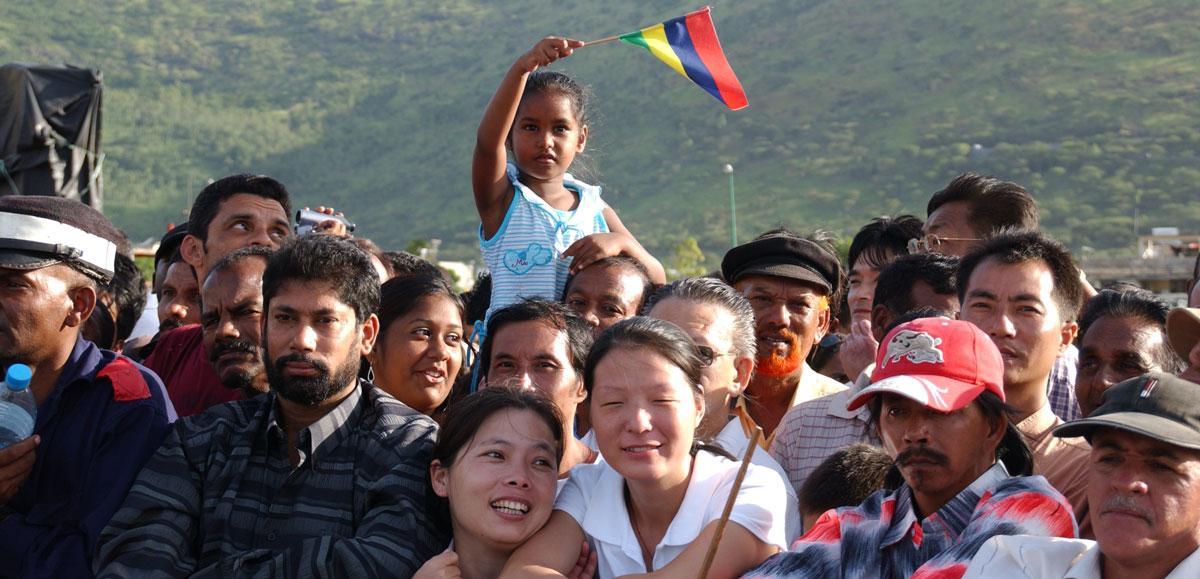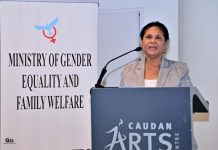Africa-Press – Mauritius. It is not only in Mauritius. It’s a phenomenon that is hitting even the socially best performing countries of the world, notably even the very well governed Scandinavian countries.
About half the population in very many countries are unhappy with the way politics is being done. This phenomenon is affecting nearly all countries, rich and poor.
This is what explains why more than 40% of Mauritian voters haven’t made up their minds on the relevance of the political class. I won’t be surprised if such numbers increased over time, given the prevailing parlous state of politics on both sides. It’s the reason why many Europeans are up in arms against their governments.
It is also the reason why so many sub-Saharan refugees are taking the risk to cross the Mediterranean in life-threatening overcrowded frail crafts, presumably sailing away to safety from domestic dictators/predators or distressful economic conditions, or both at the same time.
The unhappiness springs, in some of the cases, with the emergence of challenging day-to-day adjustment issues touching upon job security, inability to meet basic bills pertaining to rent, water, electricity or the servicing of debts incurred.
In other cases, there’s growing mistrust in the ability of the state to balance the social equation, given that the elite goes on squeezing living standards out of those lower down by all (market) means available.
The fundamental question being asked on all sides is whether orderliness will emerge out of the growing widespread dis-order. And, if so, by which means? Or, will the disequilibrium stretch on to breaking point, with incongruous leaders emerging, unable to find a satisfactory answer to the problems which have cropped up all round?
How the dysfunction came about in Mauritius
Politics is about earnest decision-making. Good decisions improve the orientation of society and the economy. Bad politics keeps tinkering at the edges to a point of no return in the social and economic fabric.
Consider the impact of the way of doing politics in Mauritius. Mauritius is a multi-cultural society. It was therefore important to operate a harmonious framework to take advantage of a unified structure.
However, right in the beginning, a model of communal confrontation was adopted as the way forward for local politics. Strident appeals to separateness of cultural identities was brought forth as the foremost factor on which the campaign for independence was fought way back in 1967.
Fifty-five years later, it may have become dormant but it appears ready to pounce, only waiting to be awakened. The principal vehicle through which it is being carried forward is through politics.
It may have helped politicians to get people to rally around them over decades. The communal segmentation which was centred on opposing minority versus majority communities at the time of independence “progressed” to other perverse forms since then. Election after election thereafter, sub-groups from within the population became the focus of the power game, resulting in sub-sub-divisions.
For More News And Analysis About Mauritius Follow Africa-Press







